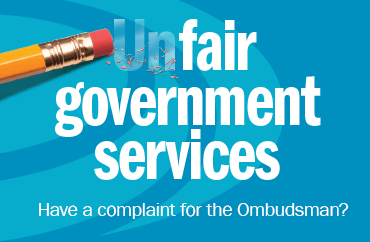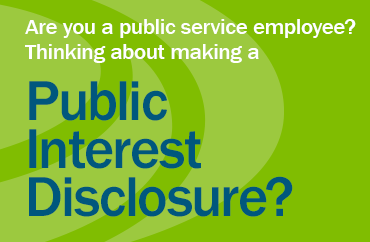I Still Want to Work
**This featured case is one example of the concerns people have brought to us. Names have been changed to protect the identity of the people involved.
Dallas* was over 60 and had worked all his life. He had lived and worked in various parts of Canada and the United States. He moved to Saskatchewan to find work and landed a job. Unfortunately, he was unable to keep it because of a worsening medical condition. This happened with a second job as well.
Dallas was on a waiting list for surgery and did not know whether he would be able to return to the same kinds of work that he used to do. In the meantime, he could not find another job, had used up his savings, and was in danger of being evicted. Dallas attended a work assessment program to see if there was any work that he could do in his condition. There wasn’t. He also applied for social assistance and was initially provided benefits of about $125. In addition to being disappointed with the amount, he felt that he had received poor service and was treated disrespectfully. Based on a suggestion from the Canada Pension Plan office, he contacted us.
Dallas told us that when he was assessed for social assistance, his social worker did not explain which benefits he might be eligible for. He had been asked personal questions about his medical condition and financial situation in a reception area where others could hear, and when he asked to have the discussion in private, this was not granted.
When people contact us, we assess their complaints based on three areas of fairness: What was decided? How was it decided? How were they treated? We saw that Dallas had encountered problems in all three of these areas.
We asked the Income Assistance Area Manager to review Dallas’s file. This was done and he was assigned an assistant supervisor as his new worker and was provided basic assistance of food and shelter. We met with Dallas and the new worker, who apologized for the previous difficulties Dallas had encountered and committed to giving him a fresh start.
The new worker reviewed Dallas’s application and requested documentation about his pending surgery. Dallas was then provided full assistance benefits and additional benefits based on his medical condition.
The Unit Supervisor also wanted to meet Dallas in person so she could better understand what happened and prevent similar problems in the future. She also invited the worker Dallas had initially dealt with. Dallas asked us to attend this meeting with him. At the meeting, the worker said that he had not intended to be disrespectful and he and the Program Manager both apologized to Dallas. He accepted their apologies and let them know that he appreciated their time and their efforts to make changes.
The Income Assistance Area Manager further reviewed Dallas’s file to ensure that he would be referred to any other support programs that might be applicable to him. In addition, all staff would be expected to attend our office’s “Fine Art of Fairness” workshop and front line staff would also attend the federal government’s customer service workshop.
After his surgery, Dallas contacted our office to say thank you. He told us that he was on the road to recovery and was looking into upgrading his skills so he could find work.
*Names have been changed to protect confidentiality.




